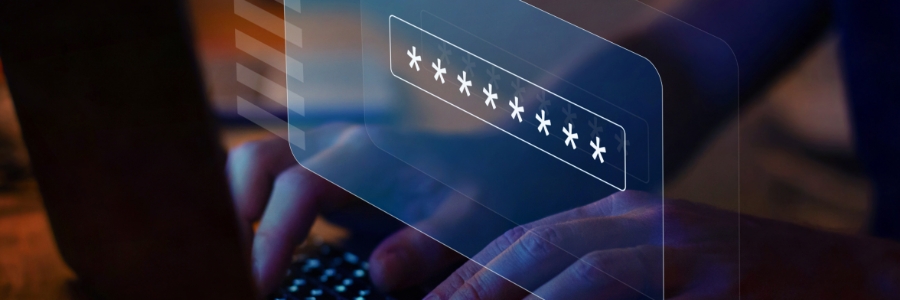The holiday season brings tons of opportunities for retailers to thrive, but it also opens the door to increased cyber risks. With so many people shopping and transactions spiking, cybercriminals see this period as a perfect chance to strike. From sneaky phishing attempts to full-blown ransomware attacks, your business could be at risk.
Unwrapping the truth about cyberthreats: A holiday security guide for retailers
Why identity and access management is key to zero trust in healthcare
Hack-proof your passwords with the latest NIST password guidelines

Want to outsmart hackers? Start with your passwords. By following the latest guidelines from the National Institute of Standards and Technology (NIST), you can create robust passwords that will keep your accounts and information secure.
The evolution of password guidelines
Initially, NIST emphasized the complexity of passwords, encouraging a mix of uppercase letters, lowercase letters, numbers, and special characters.
Fileless malware: The invisible threat in your system

Cybercriminals are always coming up with new, unpredictable ways to breach a company's cyber defenses. One of the most elusive threats is fileless malware — an attack method that leaves no traditional trace behind.
What is fileless malware?
Fileless malware is a type of malicious program that operates without using executable files to infect a computer like how traditional malware does.
Mitigate risk and proactively secure your business with these tips
The advantages of private browsers for protecting your online privacy

As the internet evolves, so do the risks associated with online activities. Private browsers are an often overlooked tool for protecting your online privacy and security. In this article, we will discuss the advantages of using private browsers and examine whether you should incorporate them into your online habits.
How cyber insurance protects your business

The heightened prevalence of cyberattacks has significantly amplified the vulnerability of small businesses. This increased risk is attributed to the sensitive data they store, such as customer information and intellectual property, paired with potentially less robust security systems compared to those of larger enterprises.
How to safeguard protected health information
Applying NIST guidelines to improve password security

When it comes to password generation and security, many people tend toward bad practices, such as passwords based on their birthday or using the same password across different accounts. These practices can compromise the integrity of your passwords and, by extension, the security of the systems and data those passwords are meant to protect.
Leverage mobile biometrics for a more secure digital life

In a highly interconnected society, protecting one’s online data is paramount. While traditional passwords have helped safeguard digital information for a long time, they are becoming increasingly vulnerable to hacking and theft. Fortunately, smartphones offer a more secure solution: mobile biometrics.





Recent Comments